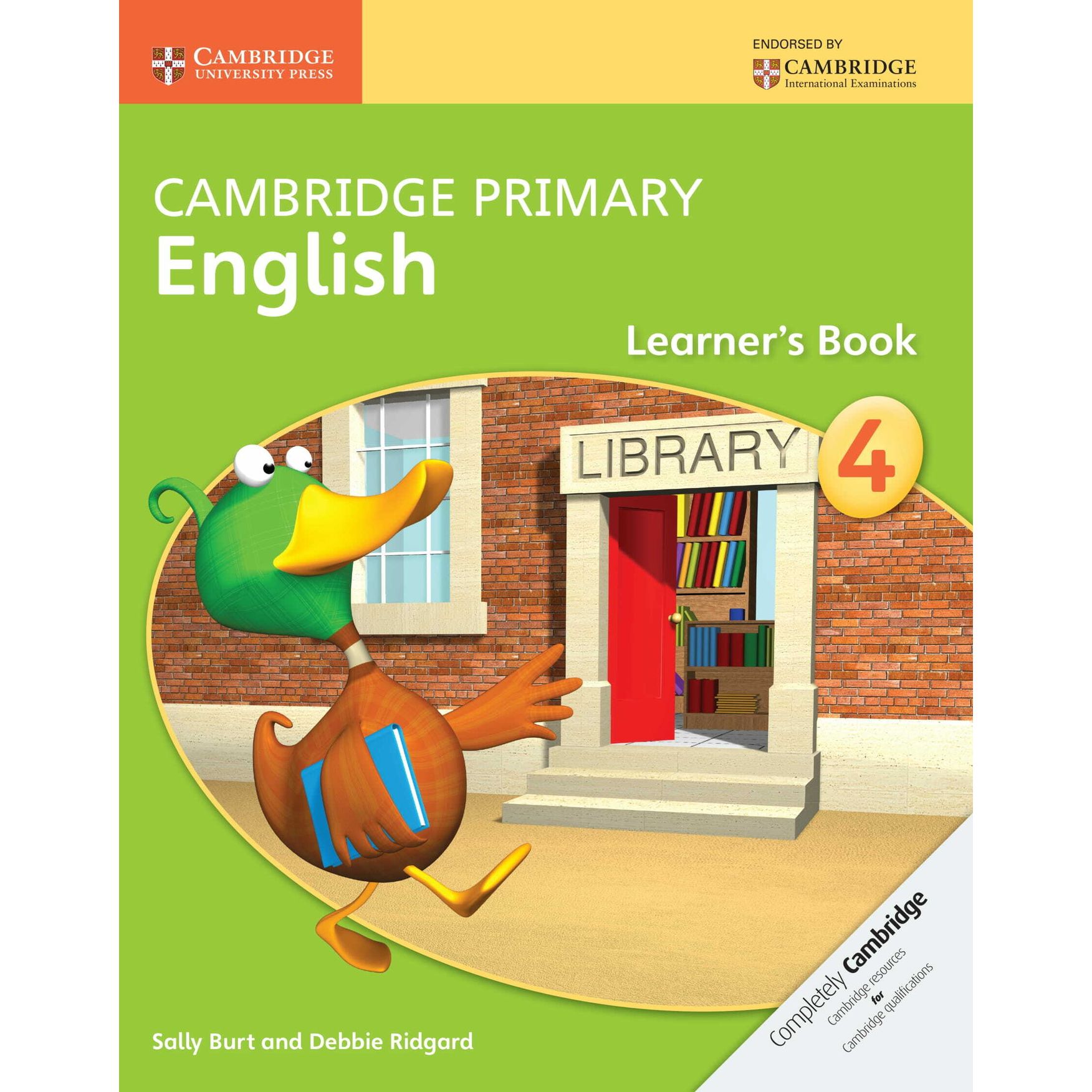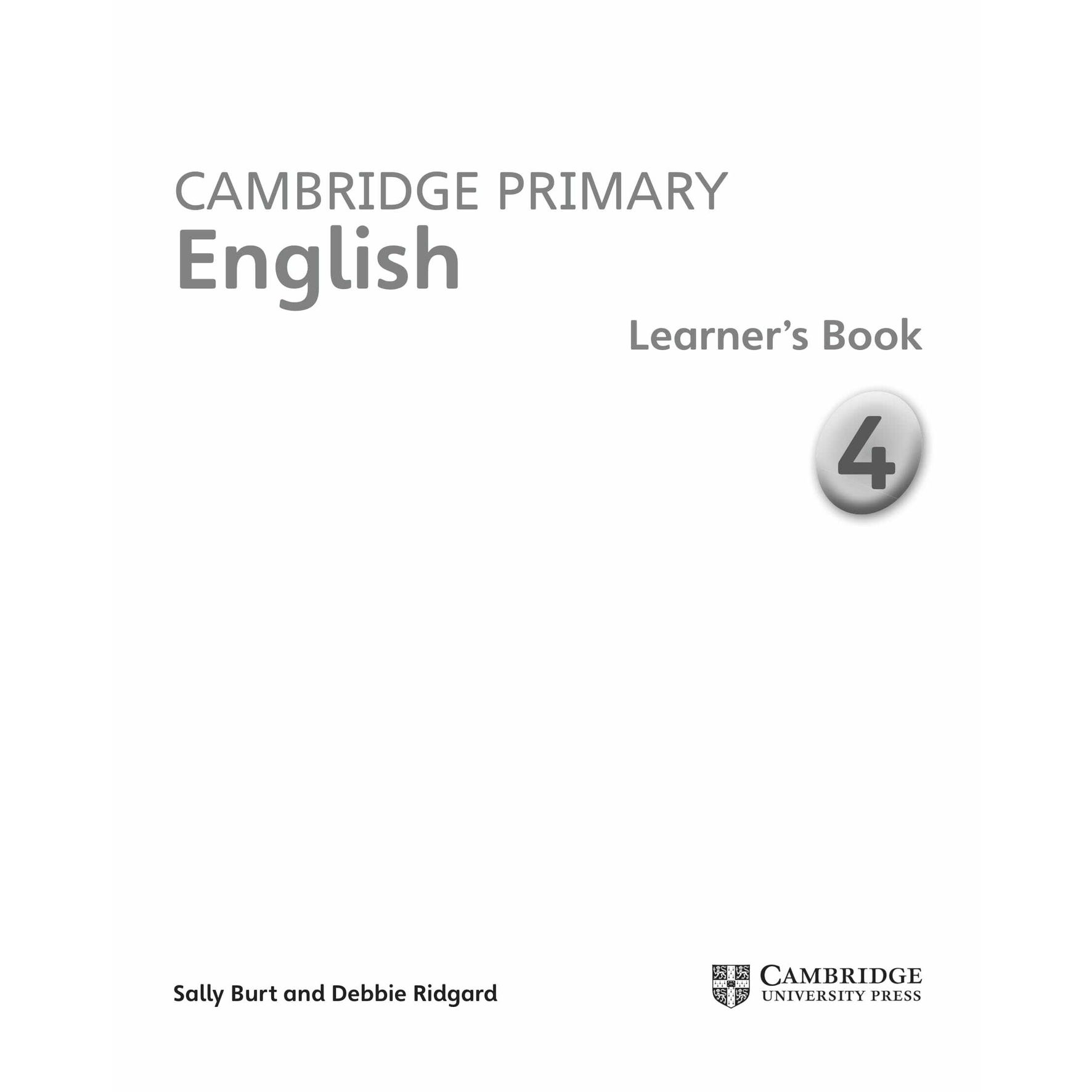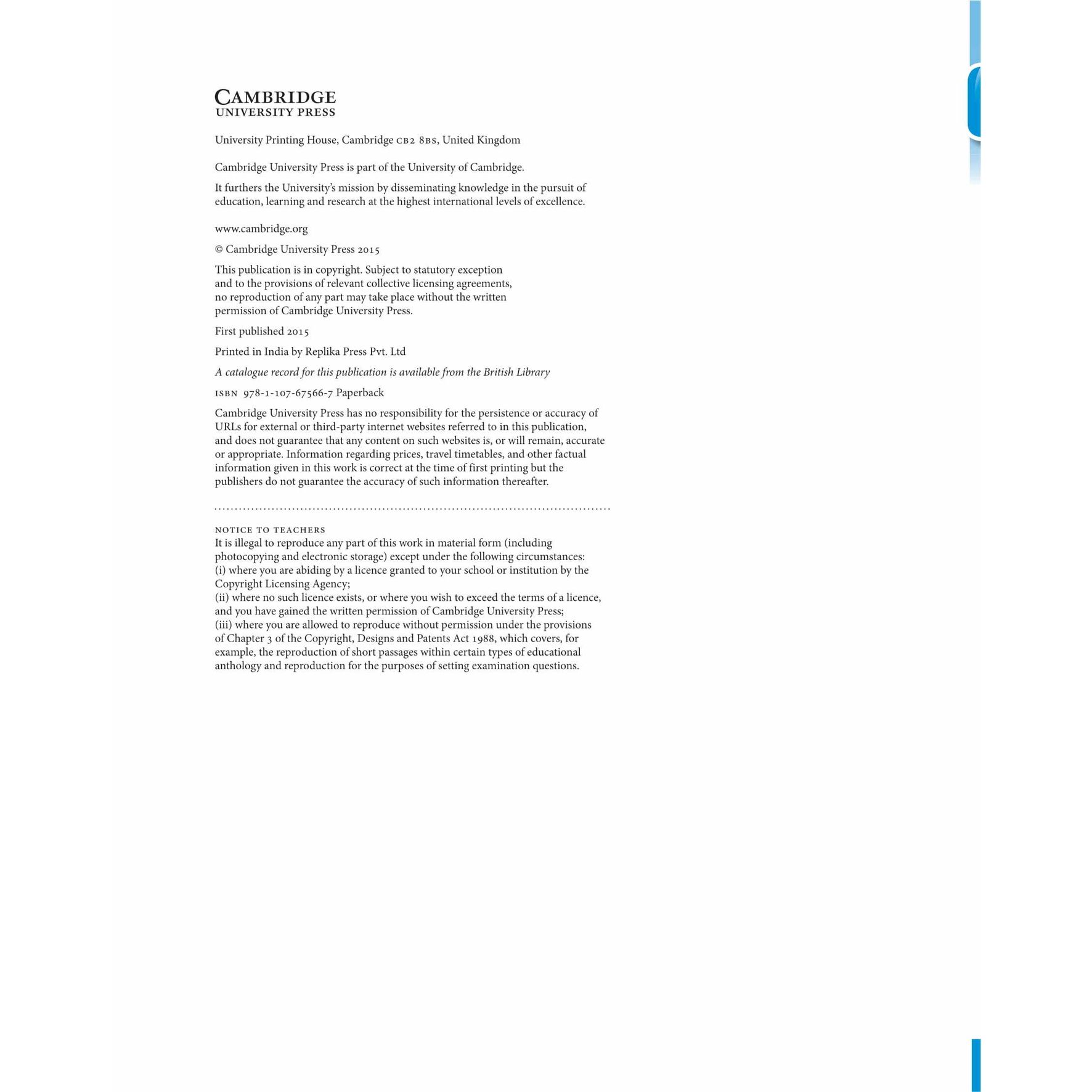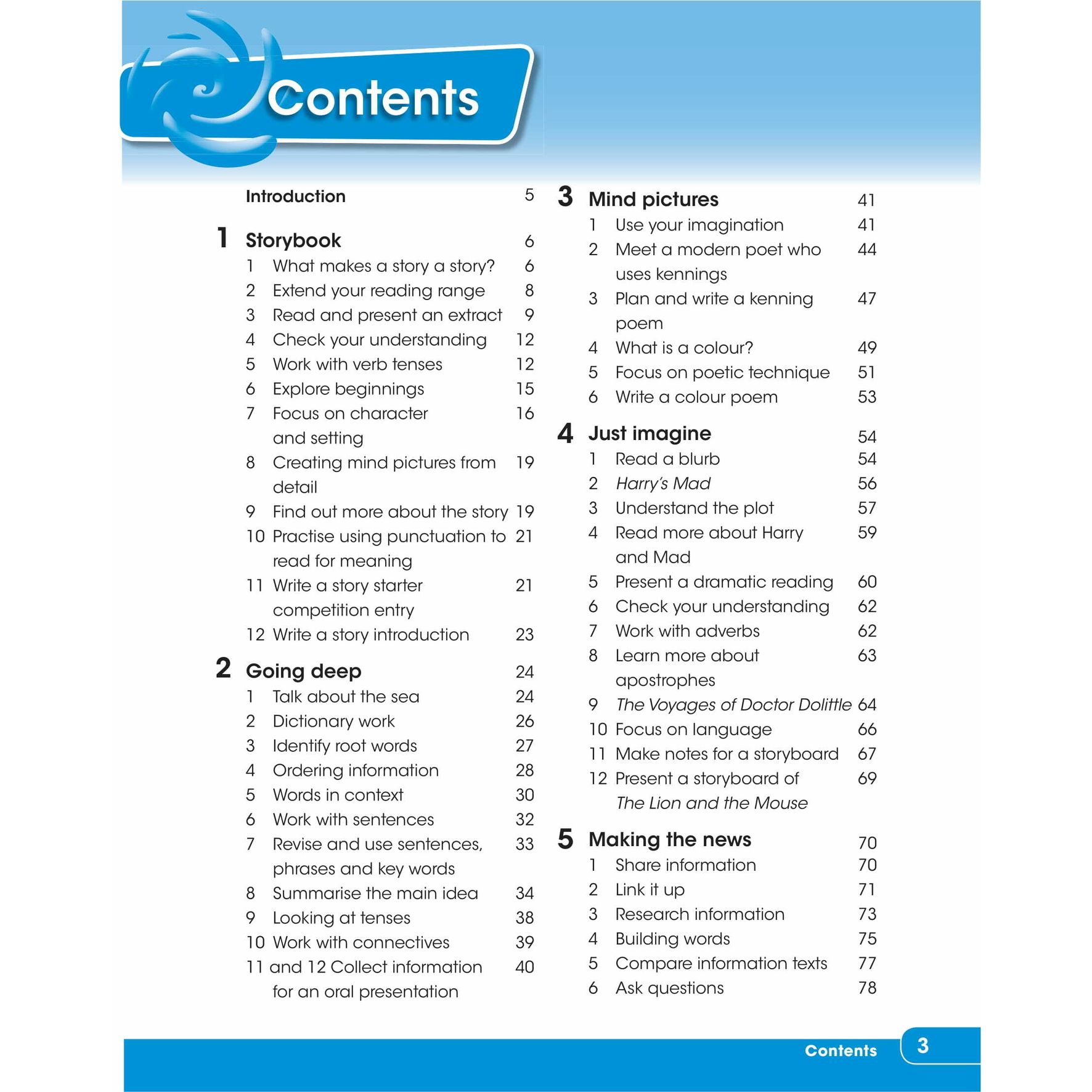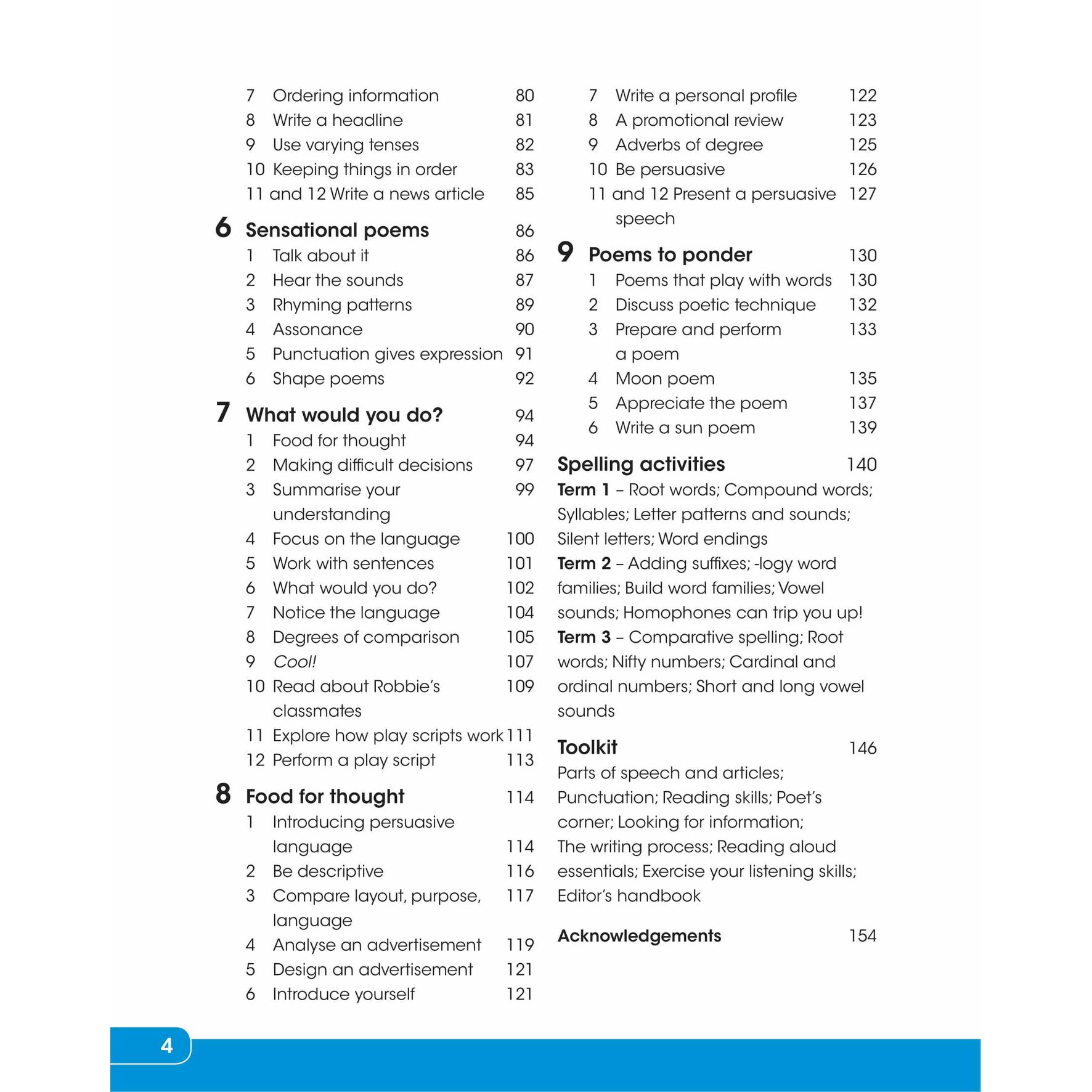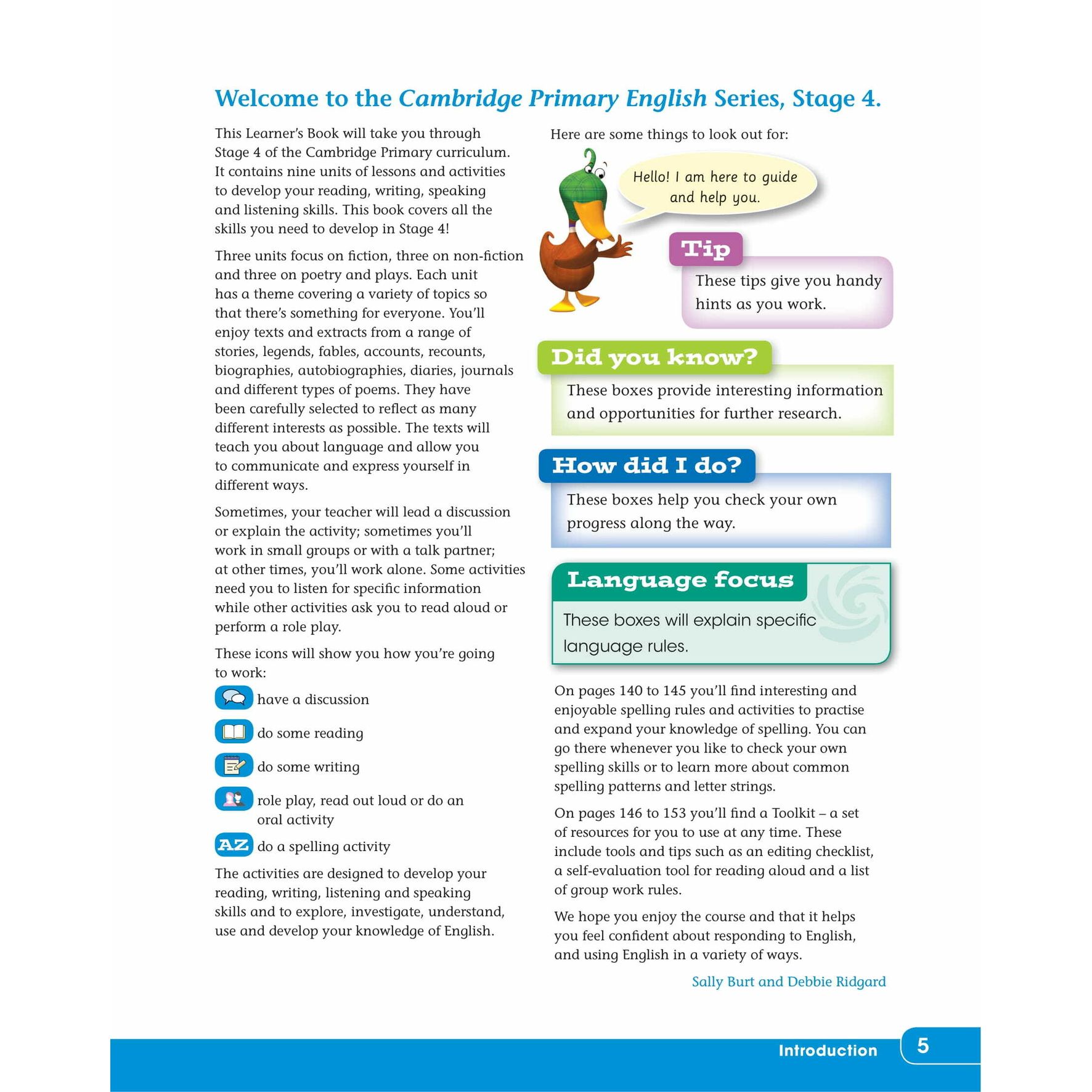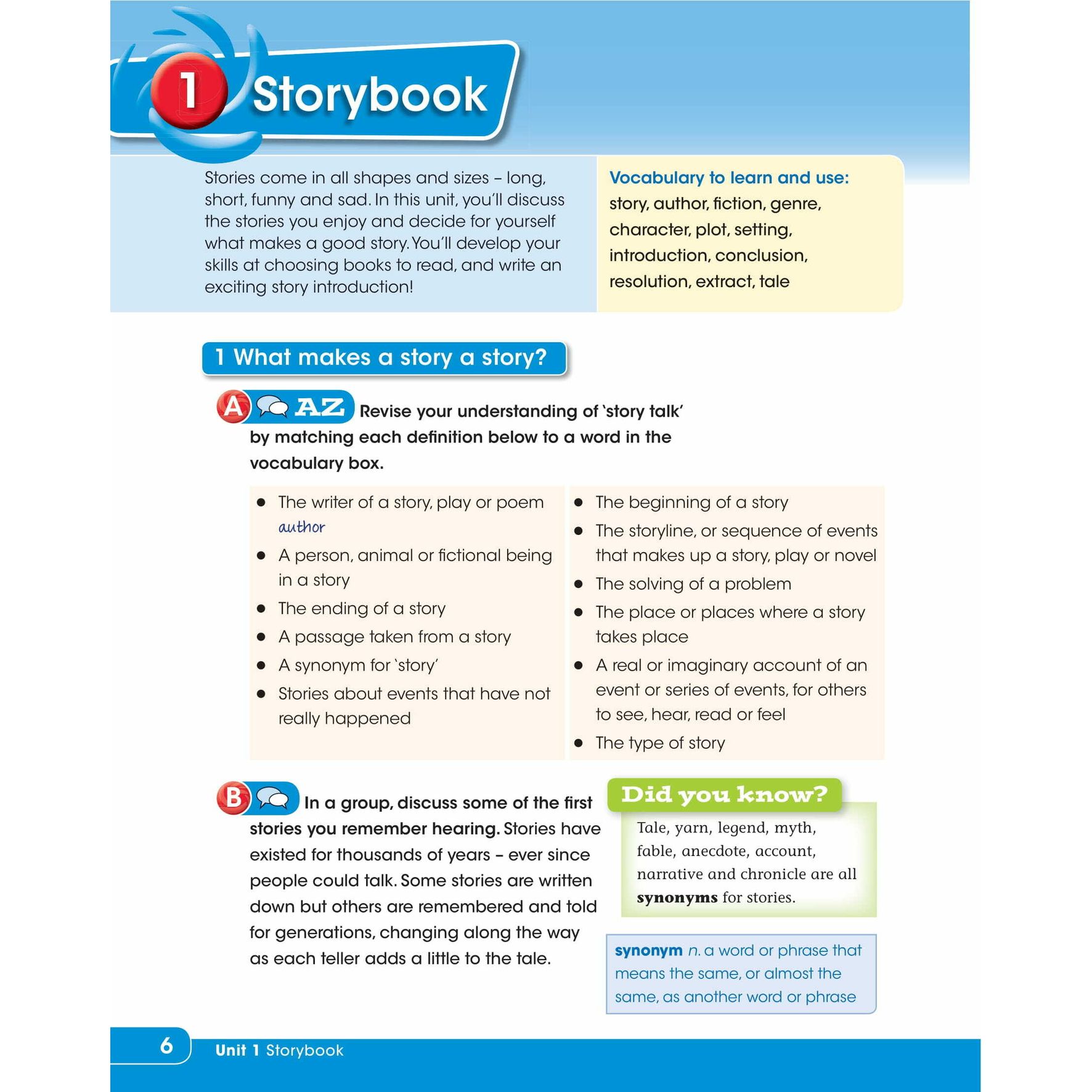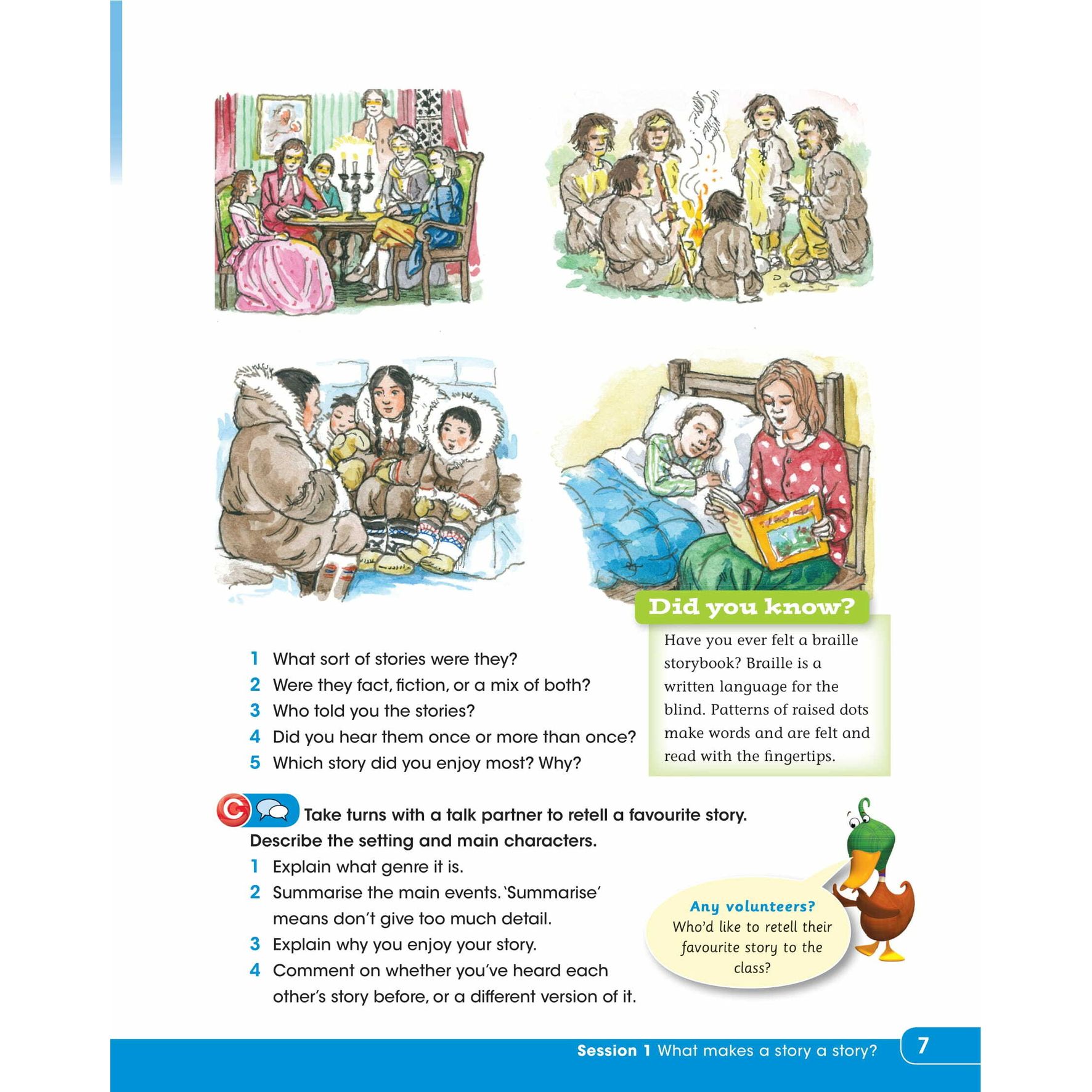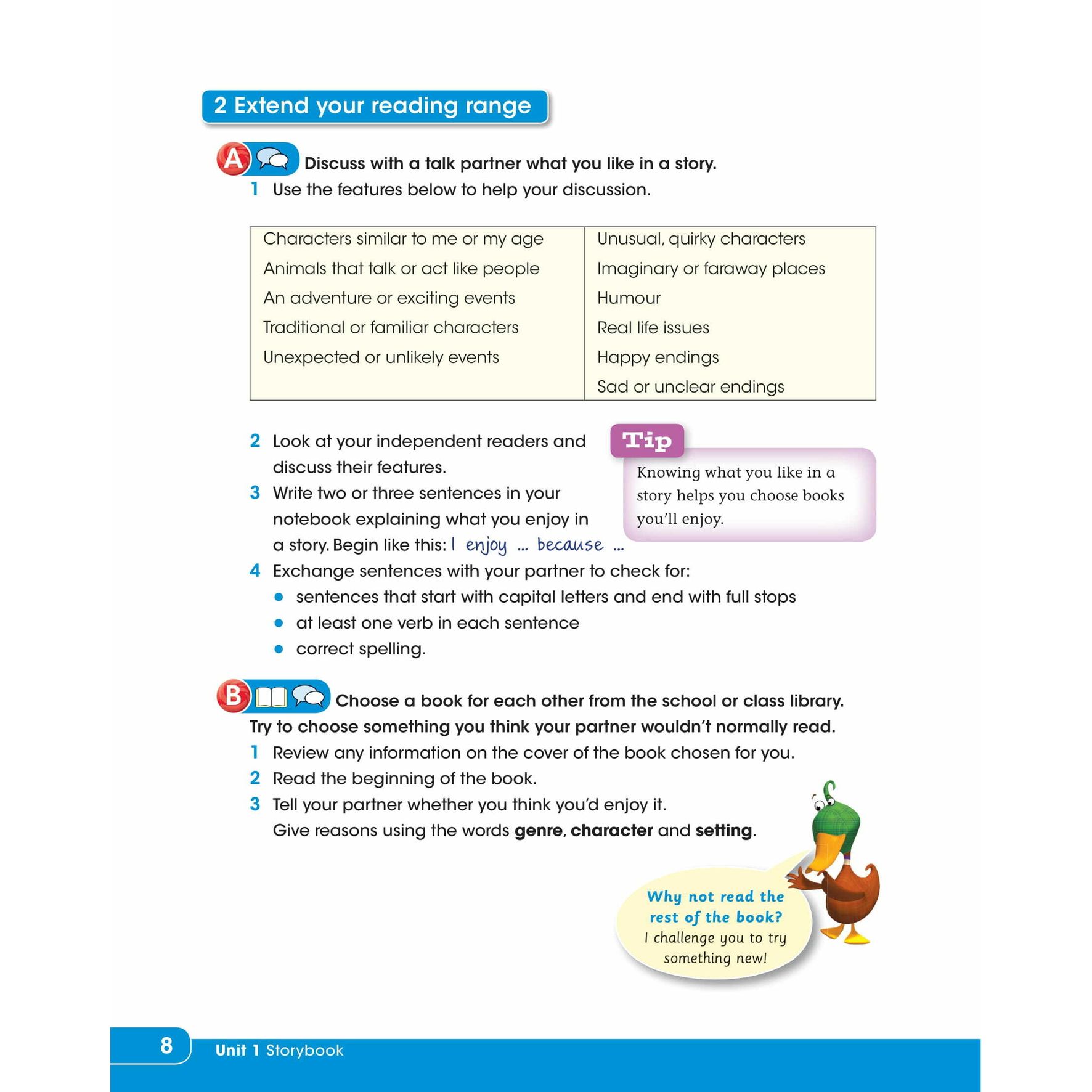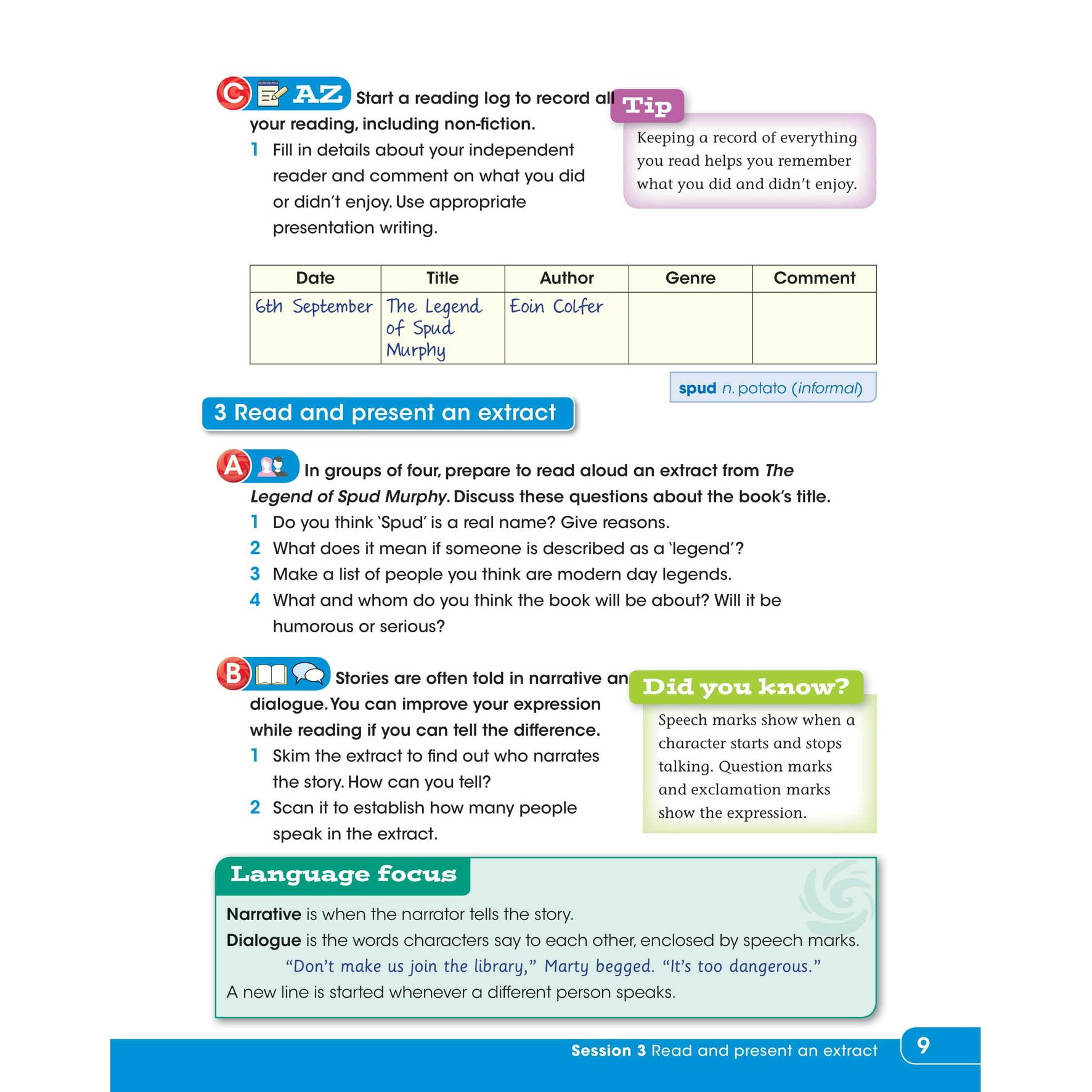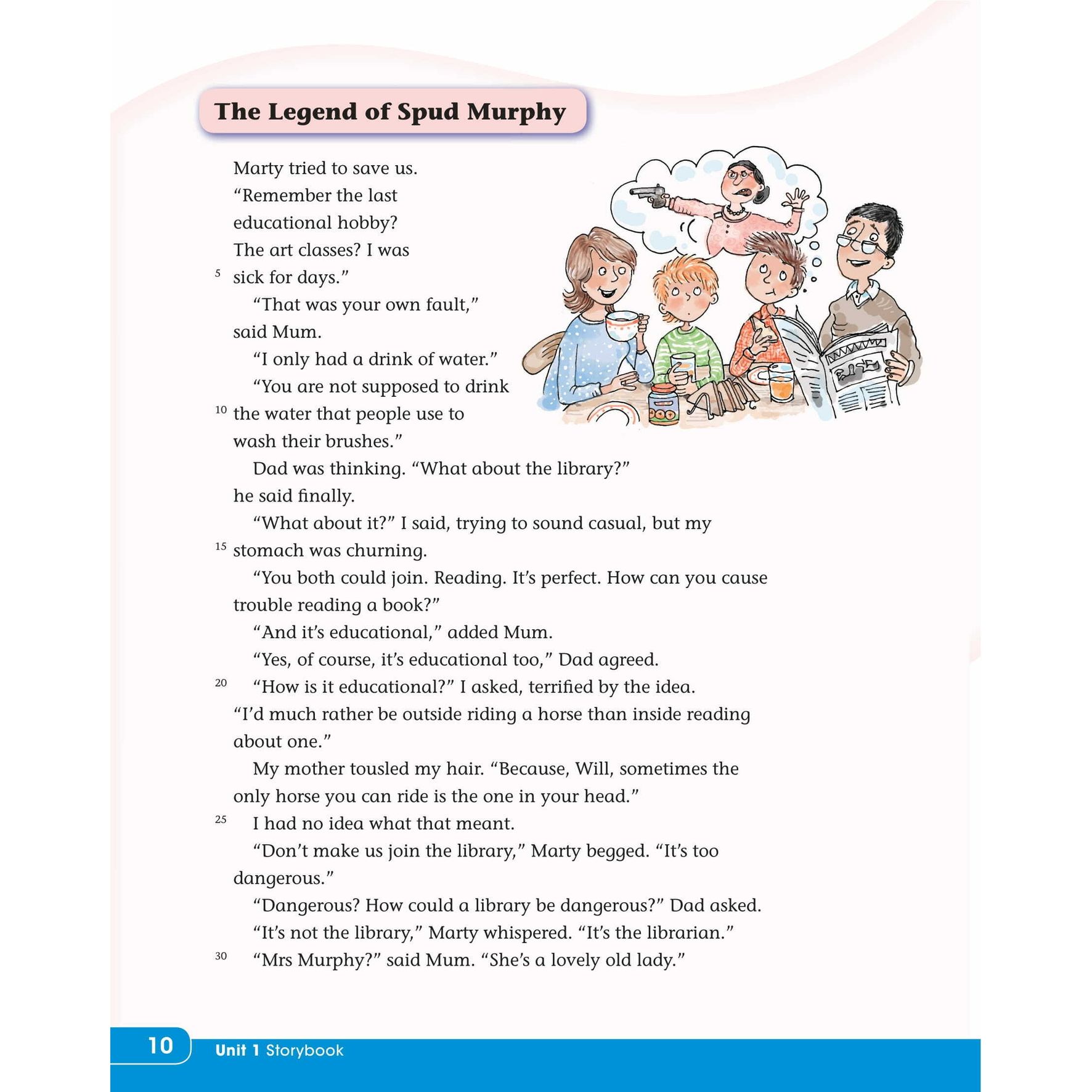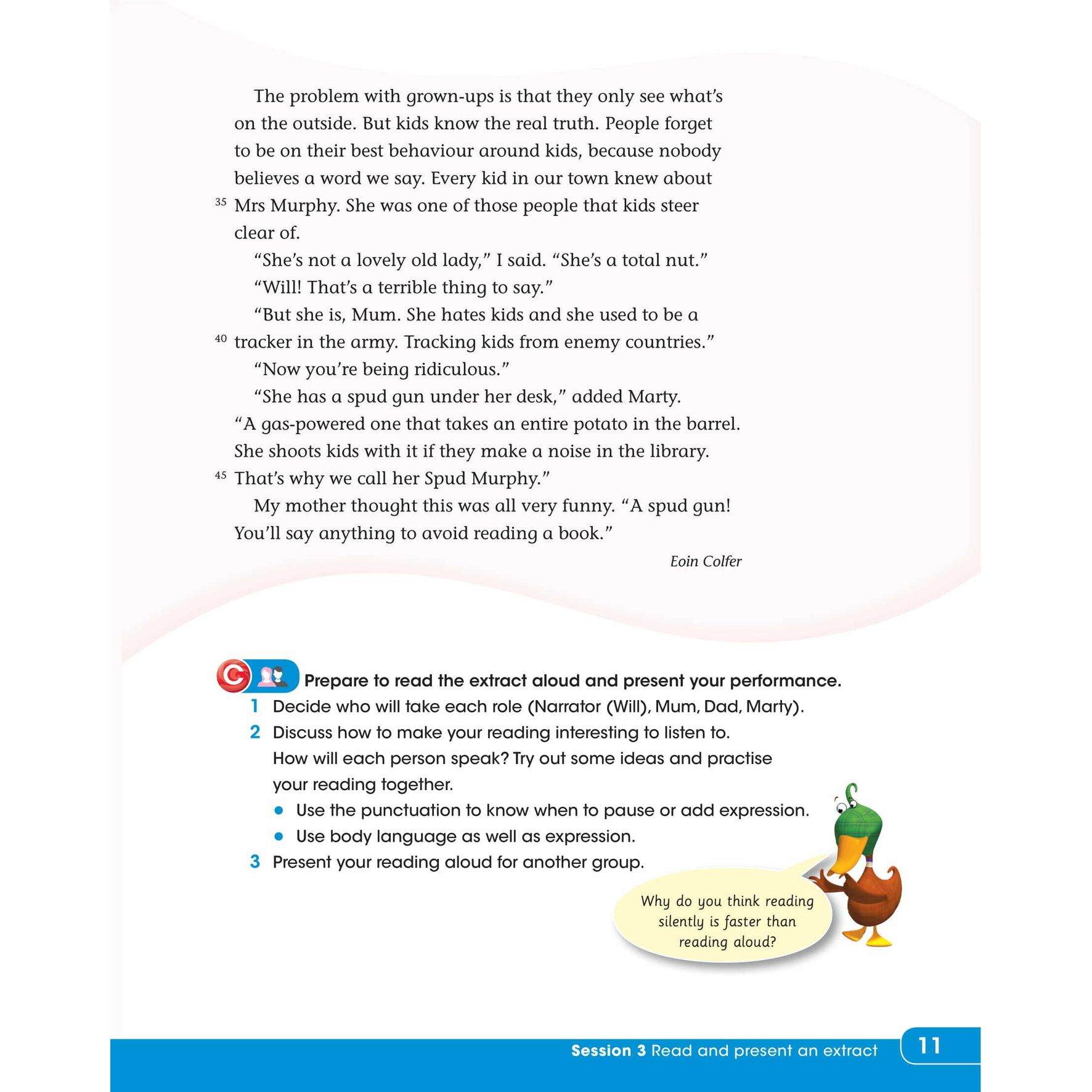Cambridge Primary English is a flexible, endorsed course written specifically to support Cambridge International Examinations' curriculum framework (Stages 1–6).
-
DESCRIPTION:
This colourful Learner’s Book includes the following features. Nine thematic units on exciting topics to engage young learners. Activities encourage learners to actively explore, use and apply their core listening, speaking, reading and writing skills through individual, pair and group work. Lively international fiction, non-fiction and poetry texts which form the basis for teaching reading and writing skills. Language focus boxes throughout which help to teach and reinforce grammar points.
FEATURES::
Nine thematic units on exciting topics to engage young learners.
Structured, cumulative lessons to cover all objectives in the Cambridge Primary English curriculum framework.
Individual, paired and group activities, including role-play and presentations, promote creativity and critical thinking.
Contains a carefully selected range of international fiction, non-fiction and poetry texts suited to the age and Stage of the learners.
Includes spelling activities at the end of the book that can be used for separate or integrated spelling lessons. Icons in the nine units indicate opportunities to use the spelling activities within the main teaching sessions.
Includes a helpful language Toolkit for learners to use for revision and reference. It contains tables, lists and reminders covering both language and literature work.
CONTENTS:
Introduction
Unit 1. Storybook: Developing story talk
Prediction and inference
Narrative and dialogue conventions and tenses
Refining word selection
Reading aloud
Writing an introduction
Unit 2. Going Deep: Alphabetical order
Key words, sentences and phrases
Using a contents page
Non-fiction text features
Summarising
Oral presentation
Unit 3. Mind Pictures: Understanding poetic terms, exploring kennings
Using a thesaurus, working with rhythm and rhyme, interpreting images, planning with a mind map, writing a colour poem
Unit 4. Just Imagine: Using apostrophes
Descriptive adverbs
Story tenses
Forming questions
Working with dialogue
Formal and informal writing
Dramatic reading
Presenting a storyboard
Unit 5: Making the News: Working with brochures and news articles
Developing visual literacy
Understanding instruction
Summarising information
Sequencing information
Identifying fact and opinion
Writing a news article
Unit 6. Sensational Poems: Exploring rhythm and rhyme
Increasing vocabulary
Using poetic devices for sound and image
Reading silently and aloud
Working with punctuation
Writing a shape poem
Unit 7. What Would You Do?: Exploring informal language
Making predictions
Identifying significant events
Sentence length and connectives
Degrees of comparison
Summarising
Reading aloud
Developing and performing a play script
Unit 8. Food for Thought: Investigating and analysing persuasive texts
Using fact and opinion
Using connectives and adjectives persuasively
Designing an advertisement
Writing a profile
Debating and oral presentations
Unit 9. Poems to Ponder: Practising and performing poems
Identifying mood
Prefixes and suffixes
Using similes and personification
Developing listening skills
Developing word selection skills
Writing a sun poem
Spelling Activities
Term 1: Root words
The y rule
Compound words
Syllables
Letter patterns and sounds
Silent letters
Word endings
Term 2: Adding suffixes
Working out spelling rules for adding suffixes
-logy word families
Build word families
Vowel sounds
Homophone scan trip you up!
Term 3: Comparative spelling
Root words
Nifty numbers
Cardinal and ordinal numbers
Short and long vowel sounds
Toolkit: Parts of speech and articles
Punctuation
Reading skills
Poet's Corner
Looking for information
The writing process
Reading aloud essentials
Exercise your listening skills
Editor's handbook
Acknowledgements.

